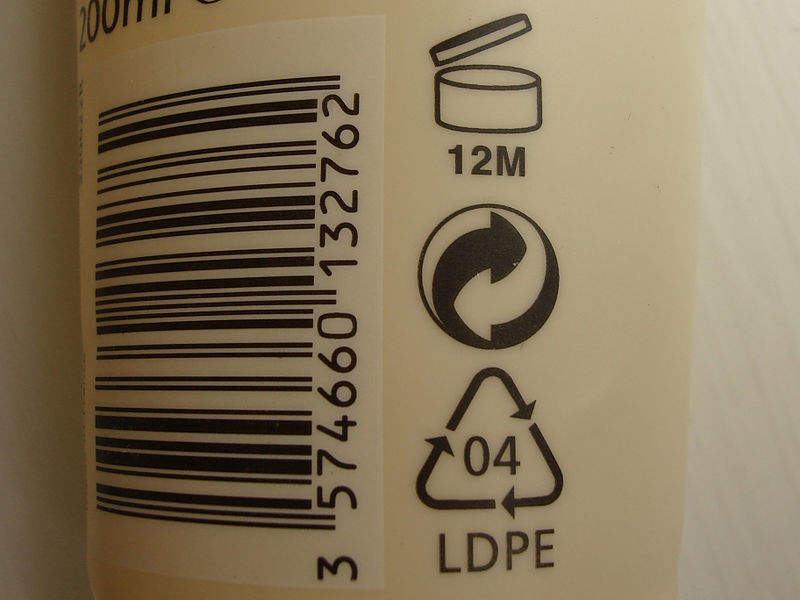
According to a survey by consumer body Which?, almost half of British consumers do not understand what the recycling symbols on product packaging mean.
When asked to identify the symbol that signifies recyclable packaging, 48% of respondents picked the wrong image, according to a report from Which?.
Almost half of those surveyed thought that the ‘green dot’ symbol – a circle of two intertwined arrows – meant that the product is recyclable, when it actually means that the manufacturer has paid into a scheme that supports recyclable packaging and systems.
The ‘green arrow’ symbol, which indicates that the packaging is recycled by 75% or more of local authorities, was understood by 59% of consumers, while the black version of the symbol, which means that the item is not collected by all local authorities, was recognised by just 38%.
The ‘tidyman’ logo of a person by a waste bin, which was designed to remind consumers to dispose of an item appropriately, was understood by only 15% of respondents. While the can with magnet symbol, which means that the product is made of steel and should be accepted by most councils for recycling, was identified correctly by 12% of respondents.
The most well-known symbol in the survey was the Mobius Loop, which was recognised by 73% of the respondents. The symbol, represented by three separate arrows looped into a triangle, means that the product is recyclable, but it does not indicate that the product will be accepted in all recycling collection systems.

US Tariffs are shifting - will you react or anticipate?
Don’t let policy changes catch you off guard. Stay proactive with real-time data and expert analysis.
By GlobalDataHowever, only 32% knew what the Mobius Loop with PET (polyethylene terephthalate) logo meant.
The majority of respondents have asked for more clarity, with 88% saying that packing should always be clearly labelled with recycling symbols and information in supermarkets.
Which? director of research and publishing Nikki Stopford said: “We know that people want to reduce the waste that goes to landfill and recycle more but are often left baffled by a confusing array of symbols and inconsistent labelling.
“We want the government and manufacturers to act now to bring about clear, simple and consistent labelling and to make that compulsory to help consumers know what can be recycled and how to recycle it.”
Which? is now urging the government to introduce compulsory ‘clear and simple’ recycling labelling on all plastic packaging.
Friends of the Earth plastic-free campaigner Emma Priestland said: “The endless list of symbols that the packaging industry produces can look more like hieroglyphics than instructions. Most of us aren’t Egyptologists and we just want to do the right thing
“Confusing labelling and packaging makes recycling harder than it should be and actively confounds the instinct of the vast majority of people, which is to recycle.”
Furthermore, 86% of respondents thought that all product packaging in supermarkets should be recyclable, and 69% of respondents believed that reducing plastic pollution was a bigger challenge than food waste.
Earlier this month, it was revealed that one-third of UK supermarket plastic is either non-recyclable through standard collection schemes or difficult to recycle.


